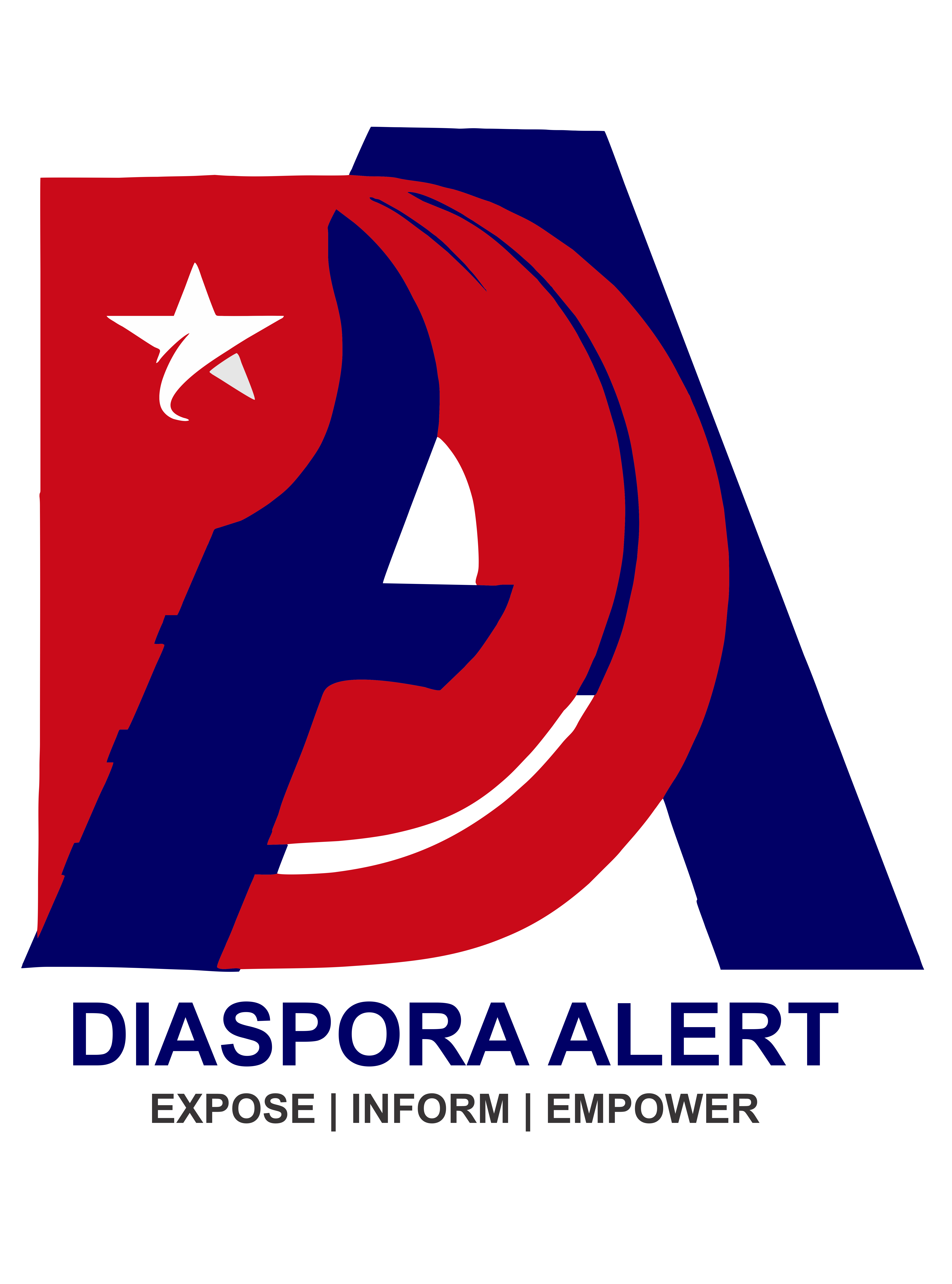MONROVIA – The Cable Consortium of Liberia (CCL) has confirmed that repair work on the Africa Coast to Europe (ACE) submarine fiber optic cable, damaged under PHP Park in Monrovia, is progressing on schedule and is expected to conclude by April 30, 2025. CCL Chairperson and CEO Henry Benson announced the update during a stakeholder meeting hosted by the Liberia Telecommunications Authority (LTA) on Saturday morning, April 26, at its Sinkor headquarters.
Benson emphasized that Liberia’s internet connectivity remains stable, thanks to a cross-border terrestrial cable redundancy from Ivory Coast, which is currently supplying all service providers and their customers. The repair, costing an estimated $200,000 and funded by the Liberian government, addresses persistent outages that began in August 2024, depicting the nation’s push for a resilient digital infrastructure.
The ACE cable, Liberia’s sole international bandwidth provider since 2011, was compromised during the construction of PHP Park under the previous CDC-led administration, despite warnings from CCL, LTA, Orange Liberia, and Lonestar Cell MTN. Heavy rocks buried over the cable’s landing point at PHP Beach caused intermittent disruptions, prompting the CCL to reroute the cable to a safer zone. Benson, speaking at the LTA meeting, praised the technical team’s progress, noting that a specialized repair vessel, which docked at the Freeport of Monrovia on April 22, is executing the complex task of redirecting the cable. “We’re on course to restore full capacity,” Benson said, adding that the rerouting avoids demolishing the culturally significant PHP Park, a decision informed by public sentiment.
The meeting, attended by representatives from Libtelco, Orange Liberia, Lonestar Cell MTN, and the ACE global consortium, reviewed timelines and technical challenges, with stakeholders expressing confidence in the April 30 deadline.
To mitigate disruptions during the repair period (April 23–30), the LTA authorized Orange Liberia to establish cross-border fiber-optic connections with Ivory Coast operators, designated as Essential Facilities to ensure fair access for all service providers. This terrestrial redundancy, operational since early April, has maintained stable internet services for businesses, government institutions, and households, averting the economic and security risks of a total blackout. LTA Acting Chairperson Abdullah Kamara, addressing the meeting, highlighted the redundancy’s success, noting that it reflects Liberia’s shift toward a resilient telecom framework. “This cross-border link is a game-changer,” Kamara said, citing the August 2024 outage that crippled public and private sectors. He urged providers like Lonestar Cell MTN, heavily impacted by past ACE cuts, to leverage the Ivory Coast connection, ensuring uninterrupted service for end-users.
The repair project, however, has not been without scrutiny. Critics, including some Monrovia-based ICT consultants, question why the LTA and CCL allowed PHP Park’s construction to proceed despite known risks, pointing to a failure of oversight under the Weah administration. Benson, deflecting blame, reiterated that the CCL issued written warnings and met resistance, a claim corroborated by LTA records. “This is technical, not political,” he stressed, distancing the project from rumors of targeting former President George Weah’s legacy. The $200,000 cost, borne by the Boakai administration, has also sparked debate, with some arguing that funds could have upgraded rural connectivity. Yet, telecom analyst Samuel Gbollie defends the investment, noting that “a digital economy demands fail-safes.” The LTA’s collaboration with stakeholders like the Liberia Water and Sewer Corporation and Liberia Electricity Corporation to avoid future obstructions was also discussed, signaling improved infrastructure planning.
The stakeholder meeting emphasized Liberia’s broader telecom ambitions, including plans to expand the national fiber backbone beyond Monrovia. Benson revealed that discussions with Ivory Coast operators explored long-term terrestrial redundancy to reduce reliance on the ACE cable, a vision aligned with the LTA’s 2021 agreement with CSquared to deploy fiber nationwide. Kamara emphasized the government’s 75% stake in the ACE network, with private operators like Libtelco (20%) and Orange/Lonestar (5% combined) as partners, highlighting the public-private synergy driving the repairs. Attendees, including LTA Commissioners Patrick Honnah and Angela Cassell Bush, reviewed contingency plans to minimize outages, which may occur for 10–15 hours daily during the repair window. “We’re building a future-proof network,” Benson said, citing Liberia’s low-latency data infrastructure as among West Africa’s best.
As the repair nears completion, Liberians are urged to remain patient amid potential intermittent disruptions. The LTA and CCL have pledged transparency, with daily updates via social media and radio. For rural communities, where connectivity remains limited, the project’s success could pave the way for expanded fiber access, a priority Kamara linked to President Boakai’s digital inclusion agenda. While Blue Lake’s tourists and Bomi County’s residents-accustomed to stable urban networks-may notice minor slowdowns, the Ivory Coast redundancy ensures continuity. The ACE repair, coupled with cross-border backups, marks a pivotal step toward safeguarding Liberia’s digital lifeline, proving that even in a nation scarred by past infrastructure neglect, resilience is within reach.


